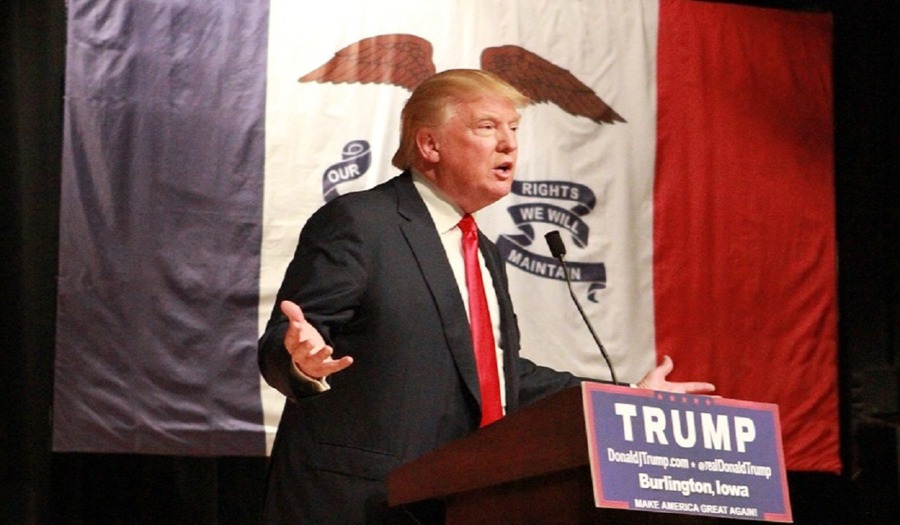In politics, negative campaigning is a strategy that has fascinated and repelled observers for decades. It’s a tactic that seems to defy conventional wisdom, as it both works and fails in equal measure. Negative campaigning has a seductive appeal to politicians and strategists for several reasons. Firstly, it’s a swift and effective way to draw attention to perceived weaknesses in an opponent’s character or policy positions. By highlighting these flaws, candidates aim to create doubt in voters’ minds about their opponent’s suitability for office.
Secondly, negative campaigning can be a powerful tool for mobilizing a candidate’s base. When voters are motivated by fear or anger, they are likelier to turn out on election day. Thus, this strategy can boost voter engagement, particularly among a candidate’s core supporters.
However, despite its allure, negative campaigning is not a guaranteed recipe for electoral success. It often fails for several reasons:
Backlash: Negative ads can backfire if they appear excessively mean-spirited or dishonest. Voters may perceive the attacking candidate as lacking integrity, leading to a loss of trust.
Policy Neglect: Focusing on the opponent’s flaws can divert attention from a candidate’s policies and qualifications. Voters may grow frustrated if they don’t hear substantive proposals.
Depolarization: In increasingly polarized political climates, negative campaigning can further divide the electorate, making it harder for candidates to appeal to swing voters in the center.
The effectiveness of negative campaigning varies among individuals. It resonates with those already inclined to support a candidate, as these messages confirm their preexisting beliefs. Conversely, it turns off more moderate or undecided voters who seek constructive dialogue and grow weary of the negativity. They can exploit psychological biases, such as confirmation bias, where people tend to pay more attention to information confirming their beliefs. Those who identify strongly with a candidate may interpret negative ads as a defense of their values, further solidifying their loyalty.
Campaigns often resort to negative tactics as a last-minute strategy when they perceive themselves as losing or when polls are unfavorable. This desperation tactic is fueled by the belief that negative ads might sway undecided voters or demoralize the opposition’s supporters. However, the effectiveness of this approach is questionable, and it can contribute to a perception of cynicism in politics.
This type of campaigning has become ingrained in the political playbook because it’s a proven method for achieving certain objectives, such as suppressing the opponent’s turnout, rallying the base, and generating media coverage. Political operatives and campaign staff know these benefits and view negative campaigning as a necessary evil in a competitive electoral landscape. As long as it continues to achieve some of its goals, it will likely remain a prominent feature of political campaigns, leaving voters to grapple with its impact on the electoral process.









